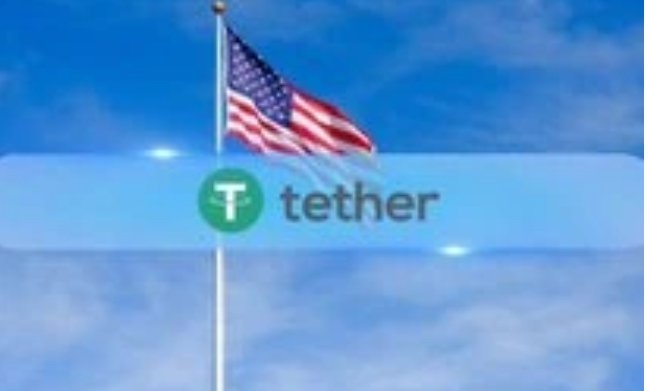Tether asserts to have effectively immobilized 326 wallets, overseeing 435 million USDT, in cooperation with law enforcement agencies.
Tether, the creator of the popular USDT stablecoin, has publicly disclosed letters sent to key U.S. legislative committees revealing its partnerships with the Secret Service and FBI.
This update comes after Tether’s recent measures, which included implementing a wallet-freezing policy aimed at individuals on the U.S. Specially Designated Nationals list, freezing over 200 wallets.
Tether’s Proactive Stance to Uphold Crypto Integrity
Under Paolo Ardoino’s newly appointed CEO’s leadership, Tether has ramped up efforts to combat the misuse of its stablecoins in illegal activities.
These letters, addressed to the U.S. House Financial Services Committee and the U.S. Senate Committee on Banking, Housing, and Urban Affairs, highlight Tether’s unwavering commitment to preserving safety and maintaining active collaborations with legal authorities.
The letters were shared with Senator Cynthia Lummis, a widely recognized cryptocurrency supporter within the Senate. Additionally, the letters were dispatched to the heads and the highest-ranking members of the previously mentioned committees.
The recent letters by Tether’s CEO elaborate on the methods used to prevent individuals from exploiting USDT. Tether claims to have successfully frozen 326 wallets, controlling 435 million USDT, in collaboration with law enforcement agencies.
This includes the recent freezing of wallets under sanctions from the U.S. Office of Foreign Asset Controls (OFAC). According to blockchain statistics, Tether froze 161 Ethereum wallets, though 150 currently contain no USDT.
According to Ardoino, Tether has also onboarded agencies like the Department of Justice, U.S.Secret Service and is also in the process of doing the same with the Federal Bureau of Investigation (FBI)
Tether Addresses Crypto-Terrorism Allegations
This move comes in response to an October 26 letter written by Senator Cynthia M. Lummis and Congressman J. French Hill to U.S. Attorney General Merrick Garland. It accused Binance and Tether of aiding in crypto-funded terrorism by violating sanctions laws and the Bank Secrecy Act.
It further alleged that these entities did not perform sufficient screenings despite knowing that extremist groups were using their stablecoins for terrorist and other illicit purposes.
In a statement, Ardoino emphasized Tether’s commitment: “Tether remains steadfast in its commitment to supporting law enforcement efforts and aiding victims in their recovery. We condemn the misuse of USDT or any cryptocurrency for illicit purposes and are fully committed to collaborating with global law enforcement agencies.”

